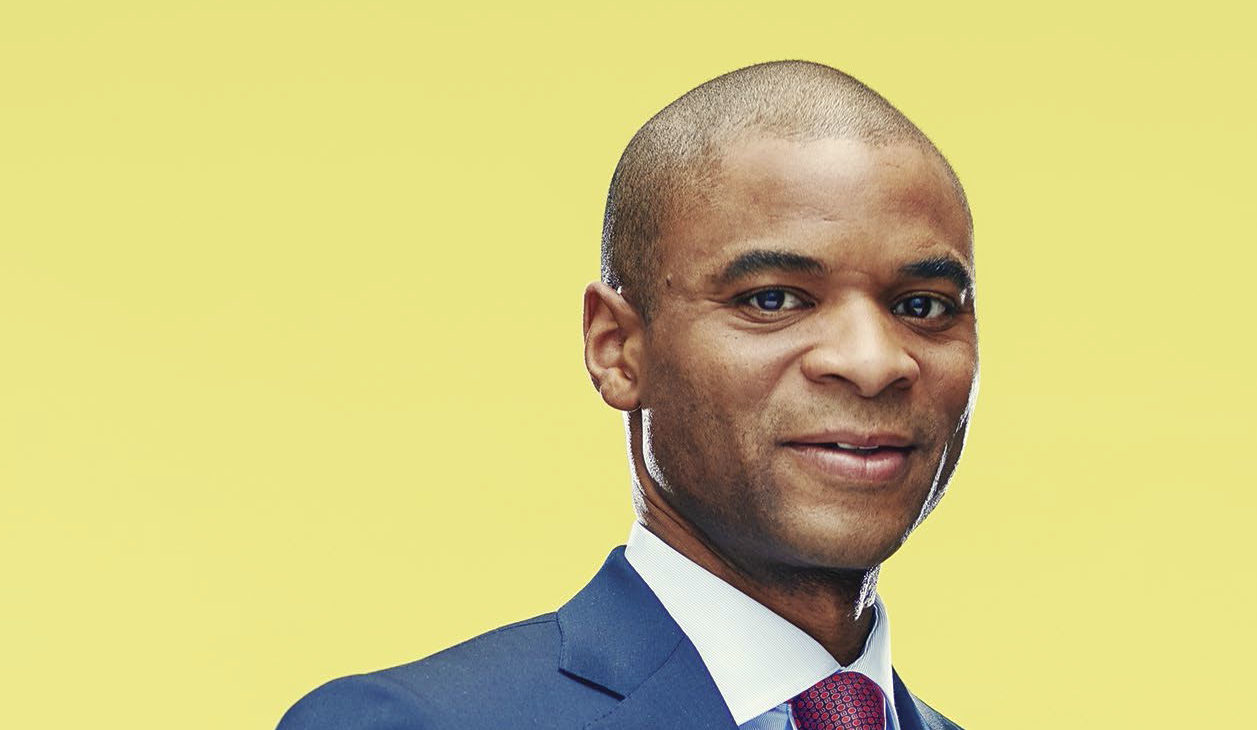
You’ve seen in the headlines: corporate juggernauts buying and merging with, well, other corporate juggernauts. But behind each blockbuster deal, there is a team of mergers-and-acquisitions lawyers. And the best of them all might just be Cornell Wright, who helps run the M&A group at Torys LLP. He was a point man on both the $12.4-billion Loblaw-Shoppers Drug Mart acquisition and Scotiabank’s $3.1-billion purchase of ING Bank. Beyond the big-money headlines, though, this practice area can be pretty mysterious. So we turned to Wright to help us nd out what the work is really like.
When do corporations go to M&A lawyers?
When they have a “big idea,” says Wright. “From time to time, companies want to accelerate their growth plan by doing something big.” And that often means they want to buy or merge with another company. “At the most extreme end, it’s transformational. The company might double in size by the end of it.”
So once a company decides to make a deal — by buying or merging — how do you help them through the process?
To start, says Wright, by helping them determine how to execute the idea. “This stage requires thinking through what issues might arise.” It can get complicated. For example, before two companies in the same market merge, they might need a competition lawyer to analyze whether a merger will create any legal issues, such as a monopoly.
“But all we do is provide advice,” says Wright. “The client makes the business decisions.” If, after the initial advice period, a deal gets the green light, the companies get their legal teams to start the most costly phase of a deal: due diligence.
Wright describes this as “getting under the hood” of the other company. Battalions of junior M&A lawyers sift through hundreds (sometimes thousands) of electronic company documents: environmental reports, employment contracts, supplier contracts. It can take weeks. The goal, says Wright, is to learn everything under the sun about the other business and spot red flags. Some supplier contracts, for instance, don’t let companies merge without the consent of the supplier. If the lawyers spot such an issue, they need to flag it with the client before moving forward with the deal.
Is due diligence a total snoozefest?
“Document review can be boring,” concedes Wright. “But people don’t just read things without a purpose. You’re reading it to understand something in particular.” And that, for some lawyers, is fun.
What sort of person would enjoy this work?
“A creative, critical thinker,” says Wright. “Someone who’s analytical, flexible and can move between disciplines.” In fact, Wright’s favourite part of the job is how he never works solo. As issues arise, he’s constantly tapping the firm’s other practice groups, from employment to intellectual property. “A big part of a deal is getting the right kind of expertise.”
How intense can it get?
In the final stage of a deal, when clients are ready to sign on the dotted line, there’s no time to relax. “Our job is to move heaven and earth to get to a deal,” says Wright. “You’ll call colleagues off the soccer field. You’ll do whatever it takes. You’d be hard-pressed to find an M&A lawyer who hasn’t worked through the night many times. That’s something you have to be able to do.”

This story is from the 2016 edition of PrecedentJD Magazine
Photography by Daniel Ehrenworth
